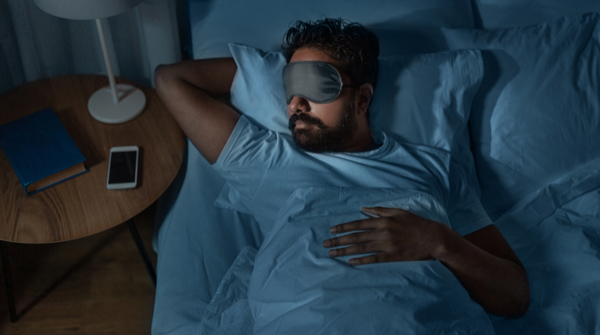Fatigue is the lack of energy and motivation- both physical and mental. Fatigue is a common issue among people and is actually a symptom of an underlying condition. A lot of illnesses result from complaints about fatigue, which can be physical or psychological or both. Is there a link between fatigue and type 2 diabetes? Let’s understand.

The less detected underlying issue could be:
- Heart disease, anemia, or lung issues.
- Hypothyroidism
Signs of Fatigue
- Lack of motivation for any activity.
- The person is easily tired when indulging in any activity.
- Mental fatigue or difficulty in concentrating.

Diabetes Fatigue
Fatigue is the most common symptom of diabetes. Studies state that roughly 80% of diabetic people suffer fatigue even with proper management of diabetes.
The most common causes for this are:
- Increase blood sugar: This makes the blood sticky, so there is a limitation of oxygen to cells.
- Insulin Resistance: This keeps glucose out of the body cells. Glucose is required as energy for bodily functions.
- Hypoglycemia or low blood sugar can also cause fatigue.
- Sleep Apnea can also be a cause.
Effect of Fatigue on Diabetes
Prolonged and unaddressed fatigue associated with diabetes can damage organs like the kidney, eyes, heart and even nerves. This cycle in some diabetics can even lead to depression, which is also otherwise associated with diabetes. Diabetes management and depression counselling can prove helpful in such cases.
Prevent fatigue
- Diabetes management is the best way to avoid any complications and difficulties such a fatigue associated with the chronic disease.
- Getting regular diabetes checkups can also prove beneficial to detect any major issues beforehand.
- Try limiting stress, this is essential for all, be it diabetic or not.
- Make sure along with your diabetes care, you also are getting enough sleep for your body to recover from the day’s stress.
- Eating too much carbs is also something you can avoid, as it makes you feel drowsy.
Talk to your healthcare advisor to help treat this better.

Read More: Diabetes Reversal: Do’s and Don’ts About the Process
How to Manage This Condition
Apart from getting your check-up done, there are a few steps you could take on your own:
- Sleep: Try to get at least 8 hours of sleep for your body to rejuvenate itself from the day’s work.
- Control Glucose: Even if you are not diabetic, it is better to monitor what you eat. Cut down on sweetened/packaged foods and indulge in some physical activity.
- Supplements: Sometimes our body is deprived of certain minerals and vitamins even if we eat a healthy and rich diet. Get help from supplements.
It helps in managing diabetes and its early detection. Keeping a glucometer with you is also advised as it will help you monitor and track your blood sugar and help in better management of diabetes.
Consult BeatO’s health coach for free and control your diabetes. Download the BeatO app!
Check your blood sugar level with Beato Glucometer today.




